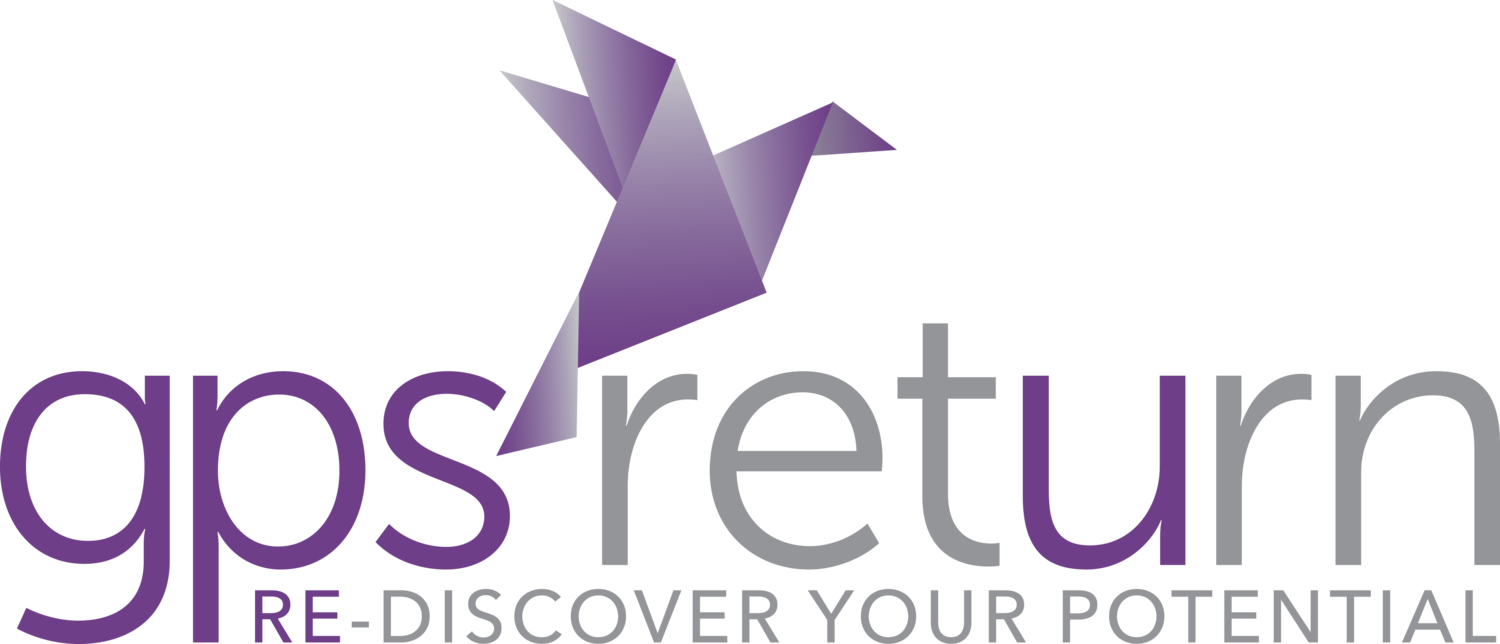Many people think that references are pointless claiming that they are a waste of time, don’t add any value and are bias as people only give referees who will provide positive references.
However, references taken from the right people in the right way will help you avoid hiring the wrong people, improve the hiring process and even enable managers to build better relationships faster with their new team members. So how do you go about doing it the right way?
Develop a reference check form so that every reference you take covers the same areas. This will allow you to judge all candidates equally, enabling you to take more thorough references and stop you or your team asking questions that may be interpreted as inappropriate.
Insist upon speaking the to the candidate’s current manager, after they have resigned, so you get a complete and more detailed reference including tips on how best to manage your new team member.
Check the candidate has told their referee that you will be calling for a reference, making sure that this does not go against any company policy. Some companies would rather fill out the form themselves rather than providing a verbal reference.
Always phone the referee using the switchboard number on the company website, this avoids you getting caught out by friends posing as your potential employee’s ex-boss. Where possible, check the referee out on LinkedIn to make sure they are, in fact, the Manager and not a peer.
Double check the candidate's job title and responsibilities at the company and make sure this matches what the candidate told you during the interview.
Don’t ask negative questions such as ‘what weaknesses do they have?’ or even ‘which areas do they need to improve?’. This usually disrupts the flow of the reference and puts the referee in an uncomfortable position. Instead, ask questions like ‘what are their strengths’ and read between the lines.
Describe the role you are recruiting for and see if the referee believes this to be a good fit for the candidate. You can usually get some great insights into the candidate and if you only have the time for one question make it this one.
Ask the questions – ‘what is the most effective way to manage them?’, ‘why did they leave?’ and ‘would you rehire this person?’ (my favourite). Again, these questions will provide a great deal of insight into the person you are about to hire.
A poor reference should not mean instant rejection, think about the relevancy of the reference and the role you are hiring the candidate into before making a decision.
Done right, a good reference checking procedure can, and will, reduce your staff turnover, improve the productivity of your teams, help develop a happier workforce and save you time and money. All by helping you to hire right people at the right time.
For our latest updates, tips and tricks please sign up to our newsletter, join us on twitter, LinkedIn and Instagram or drop me an email for more information.

